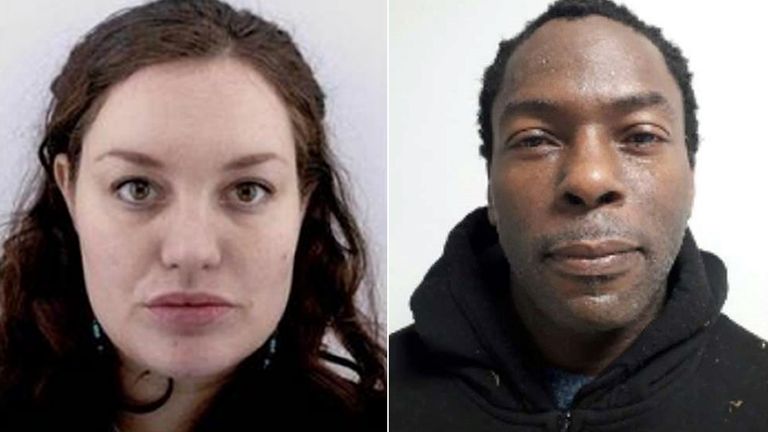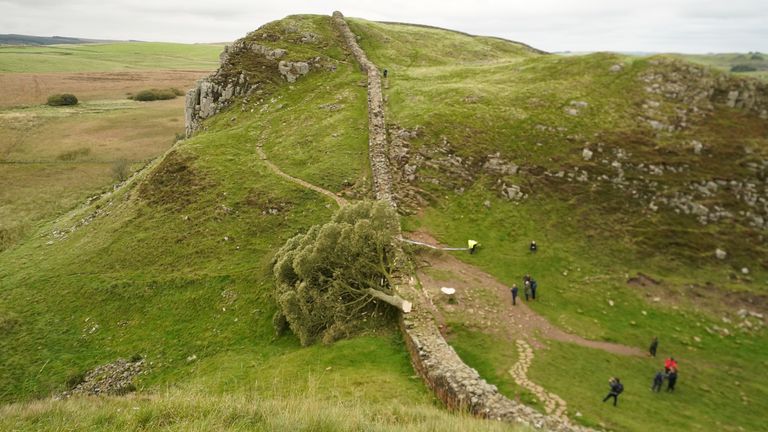
TIFF: Unmasking Hockey’s Troubled Racial History in ‘Black Ice’
Canadians have long defined themselves through the game of ice hockey, some more than others. Despite the NHL success of such Black Canadian players as Grant Fuhr, Tony McKegney, Devante Smith-Pelly, Wayne Simmonds, Darnell Nurse, Evander Kane and P.K. Subban, the nation’s winter pastime has remained a bastion of whiteness.
With the documentary Black Ice, screening at TIFF, executive producers Drake, LeBron James and Maverick Carter attempt to shine a light on the racial disparities that have plagued the sport for decades. The 97-minute film travels back and forth in time to chronicle the Colored Hockey League of the Maritimes, which was based in Nova Scotia and, from 1895 to 1925, essentially barred Black players from playing alongside whites.
Related Stories
“Black Ice is one of the greatest sport stories never told. We’re attempting to talk about racism through the Canadian lens and context, and there’s no better way to do this than through the institution of hockey,” says Vinay Virmani, chief content officer at Uninterrupted Canada. The Canadian branch of Uninterrupted, the platform that was launched by James and Carter to promote persity in sports, helped finance Black Ice.
Knowing that a century of Black Canadian hockey encompasses multiple eras, Black Ice director Hubert Davis employs parallel narratives, shifting between past and present to drive home the point that the sport’s historical problems with racism have yet to be overcome. While Black Canadian players are no longer racially segregated, their community rink can feel like a no-go zone for some.
“We’re in an interesting place, where we can say, ‘OK, are we going to actually address this stuff and talk about it and deal with it?'” says Davis. “Or are we just going to stay within our bubble? A lot of people are facing that choice at the moment.”
A documentary about the Maritimes league, which was filled with the descendants of runaway slaves who traveled north to freedom via the Underground Railroad, could have been spun as an origin story, but Davis says he didn’t want to do the usual film about racism that returns to the past to show how much progress has been made, thus allowing audiences to feel better about themselves.
In one telling scene in the film captured on home video, a 16-year-old Black player named Mark, having faced several racist incidents during a game at his local rink, tells his teammates, who then tell the coach, who then informs the referees.
But rather than tackle the alleged on-ice racism, the camera captures everyone freezing and failing to act. They don’t even acknowledge the incident. “They do nothing,” Davis says. “They’re uncomfortable. They don’t know how to deal with it. So they do nothing.”
He adds that young Black hockey players, whether boys or girls, are told to keep their heads down on the ice. That may help win games, but it doesn’t tackle the issue of systemic racism in the sport, and that can chip away at an athlete’s self-esteem.
“When incidents start to happen, it might be a little thing, it might be a bigger thing,” Davis says. “But it tends to grow and fester, and what’s the experience like for the inpidual who internalizes [these incidents] and faces them over their career?”
Black Ice also shines a spotlight on legendary Black player Herb Carnegie, who was born in Toronto in 1919 to Jamaican immigrants. Despite being one of the most talented Canadian players in his day — and serving as a mentor to Montreal Canadiens great Jean Béliveau — he never had a realistic opportunity to play in the NHL and did not gain induction into the Hockey Hall of Fame until this year, a decade after his death.
As the documentary screens in Toronto, Canadians in denial about racism in hockey might be grappling with other revelations about their beloved sport, including scandals around sexual abuse in youth hockey and misconduct settlements by the governing body Hockey Canada.
For Virmani, Black Ice is about breaking the silence around the country’s cultural obsession that allows white Canadians to feel comfortable about their kids lacing up skates and slapping a puck around the ice and feeling a sense of belonging to the country — a privilege denied many Black Canadian families.
“I hope this film is successful in asking the question: If we as Canadians let hockey define us domestically and internationally, and it’s such an important part of our national identity and hockey is our religion, but every day we hear these horror stories about race and assaults in this culture of cover-up and silence — what does that say about us as Canadians?”
In the meantime, Virmani stresses that hockey in Canada needs Black coaches, referees and team owners. Otherwise, parents from perse communities will have little incentive to place their kids in youth leagues and will steer them instead to basketball, soccer, football and other sports.
“There’s no representation in the game at all these other levels,” he says. “So it’s very hard to retain and attract new perse participation in hockey.”




























































